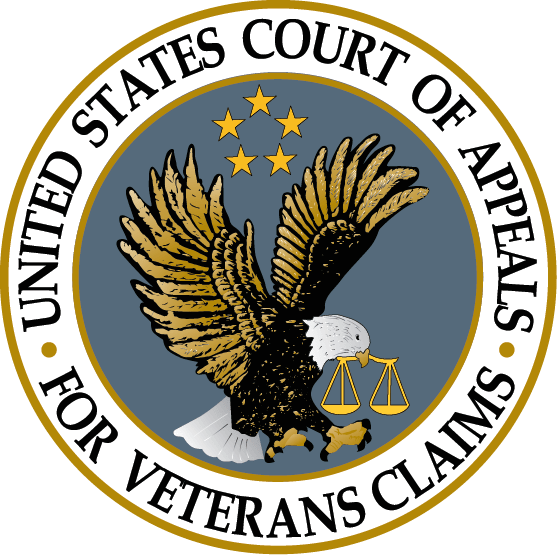
Veterans Affairs Appeals
In addition to defending current service members against criminal charges or administrative sanctions, a knowledgeable attorney can also advocate for veterans. One of the most common legal services veterans need is help appealing claims decisions from the U.S. Department of Veteran Affairs, commonly known as the VA.
For all the important and beneficial work that the VA does, it is still a vast and complex system, making it easy for some to slip through the cracks and not get the assistance that they really deserve. This problem can be especially pronounced in the San Antonio area, which almost a quarter million veterans call home.
How VA Claims are Evaluated
Like insurance claims, a claim submitted to the VA effectively requests monetary compensation for an ailment or disability – in this case, one resulting from the claimant’s military service. Individual evaluators decide whether a claim merits compensation, and if so, how much. This decision is based on the claimant’s “disability rating:” a measure of how much the claimant is prevented from living a normal life and earning sufficient income.
Although a wide array of regulations and diagnostic codes helps to standardize this process, it still comes down to the evaluator’s decision in the end. The VA’s claim appeals process allows veterans to push back against faulty decisions, but establishing where and how the error occurred can be tricky. An attorney who knows their way around the VA regulatory system is therefore invaluable to the San Antonio military community.
Eligible Conditions
Usually, the main objective of a veteran’s claim appeal is to increase their disability rating, which will then increase their monthly benefit amount. These ratings come in 10-percent increments, with a 100% rating indicating a status of “Total Disability based on Individual Unemployability,” or TDIU. Some of the conditions that contribute to a veteran’s disability rating include –
- Post Traumatic Stress Disorder (PTSD) – A variety of mental and/or emotional impairments that result from trauma, especially common among veterans who engaged in combat.
- Sexual Trauma – In addition to combat-related trauma, trauma caused by sexual assault and/or abuse can sadly be quite common among veterans.
- Traumatic Brain Injury (TBI) – Concussions and similar head injuries can cause many debilitating but subtle conditions.
- Mental Health Conditions – In addition to PTSD, military service can also lead to other psychological ailments such as anxiety disorders, clinical depression, amnesia, eating disorders, etc.
- Sleep Disorders – Sleep apnea is the most common claim. It’s connected to PTSD and TBI, but other covered disorders may include insomnia, narcolepsy, and excessive daytime sleepiness (EDS).
- Camp Lejeune Water Conditions – Veterans who served at Camp Lejeune between the mid-50s and mid-80s may have been exposed to contaminated drinking water, resulting in up to 15 different conditions that can be covered.
- Agent Orange Exposure – A herbicide widely used in Vietnam and Korea throughout the ’60s and ’70s, Agent Orange has been connected to certain cancers and degenerative conditions.
- Gulf War Syndrome – Gulf War veterans may suffer from a cluster of medically unexplained symptoms such as chronic fatigue, fibromyalgia, and digestive issues.
- Back Injuries – Often chronic and hard to pinpoint, proving service-related back injury can be a real challenge but is all the more important because of how much such injuries can affect your quality of life.
Stephen Brodsky is a Veteran for Veterans
Serving in the armed forces can be an intense, formative, and ultimately rewarding experience – but it exacts a cost as well. For some, that cost may be lifelong and debilitating, and it’s all too easy for disabled veterans to be left by the wayside because they don’t know how to adequately navigate the VA system.
So many men and women in San Antonio struggle every day from the long-term effects of military service. As a disabled veteran, Stephen Brodsky knows these challenges personally and professionally. He offers knowledgeable, aggressive advocacy to help veterans gain the recognition and care they deserve.




